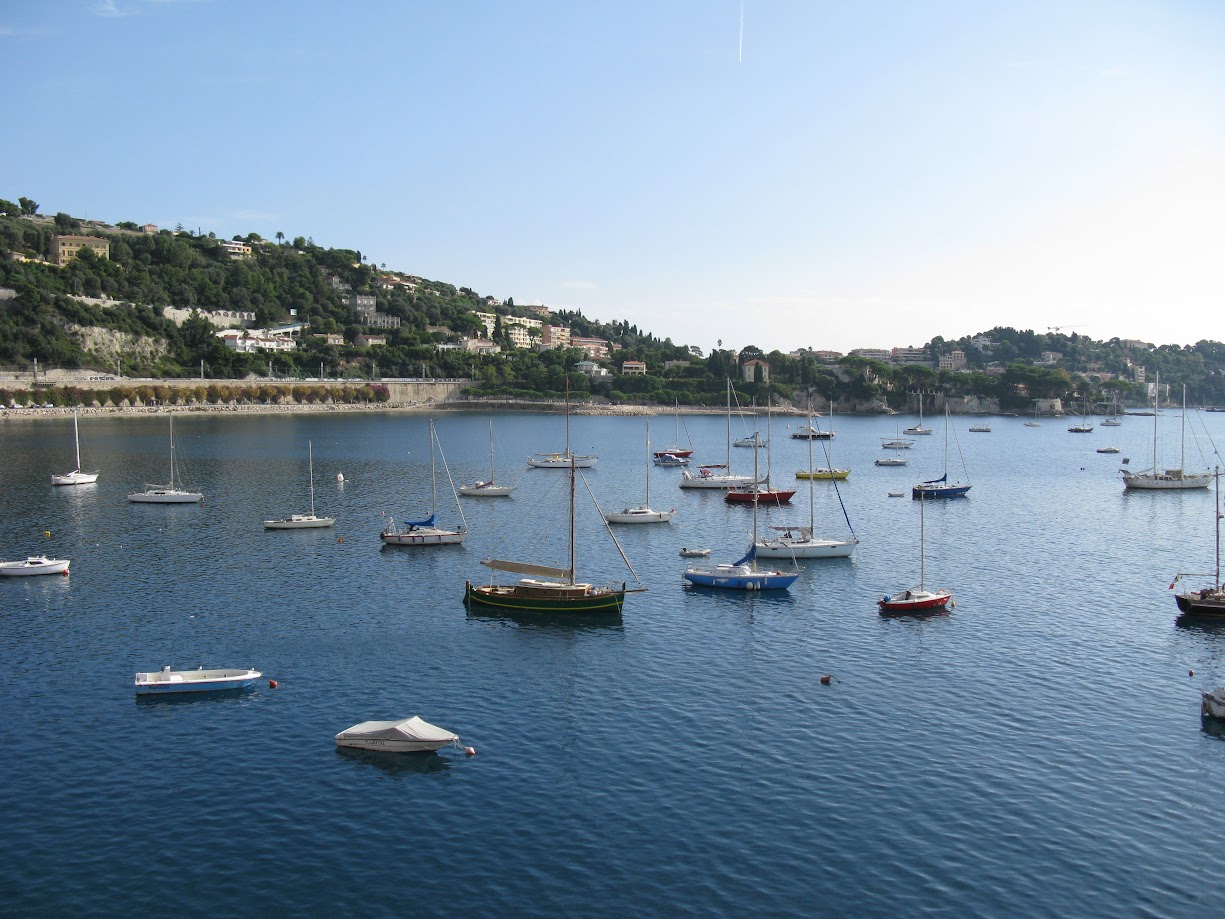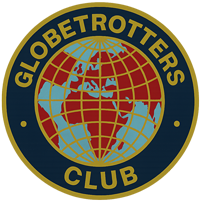Tag: April 2004
-
GPS and Geocaching by Padmassana
Many globetrotting travellers now regularly carry a GPS (Global Positioning System) with them when they travel. These superb little handheld devices can be bought for as little as £100, though
-
Conde Nast Traveller's Next Seven Wonders of the World
According to Conde Nast Traveller’s, the “Next Seven Wonders” of the world feature two concert halls, a museum, two stores, a church and a hotel. They are: Tenerife Auditorium, a
-
Top Ten travel Tips by Silja Swaby
Silja was our roving correspondent at the ITW show in London in January. We asked what were the most important travel tips she came away with after having attended some
-
Cooking for the Prime Minister of Tanzania by Jean Milnes
Although, now perhaps ‘old news’ to those of us living and working in Mikindani we couldn’t let this event pass unreported. Last November The Old Boma’s reputation had had yet
-
Sicily: Caltabellotta and Selinunte by David Cross
Sciacca is not really on the tourist trail although it is extremely pleasant and some of the upper town is really picturesque. There is no really cheap place to stay,
-
Rift Valley Fever
What is it: Rift Valley fever (RVF) is an acute, fever-causing viral disease that affects domestic animals (such as cattle, buffalo, sheep, goats, and camels) and humans. RVF is most
-
Flags Quiz
Which countries are represented by these flags? For the answers, see at the end of the e-news.

